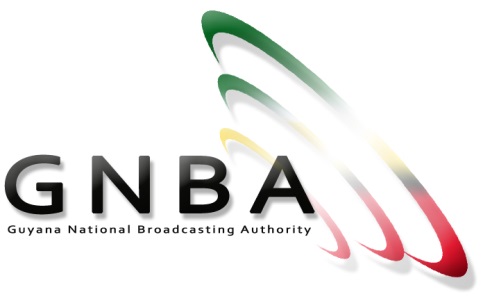The Merits of Media Self- Regulation – Balancing Rights and Responsibilities
Published by Miklós Haraszti, the OSCE Representative on Freedom of the Media
Edited by Adeline Hulin and Jon Smith
THE NATURE OF MEDIA SELF-REGULATION
Is self-regulation about political content?
Never. Self-regulation is not censorship and not even self-censorship. It is about establishing minimum principles on ethics, accuracy, personal rights and so on, while fully preserving editorial freedom on what to report and what opinions to express.
IS SELF-REGULATION ABOUT A FAILURE-FREE PRESS?
Nobody’s perfect. Besides, publicly expressed criticism will always be perceived as incorrect by those scrutinized. Self-regulation helps the media respond to legitimate complaints, and correct mistakes in a trial-and-error way.
WHO ARE THE PLAYERS?
Self-regulation is a pledge by quality-conscious media professionals to maintain a dialogue with the public. A complaint mechanism is set up to deal with justified concerns in a rational and autonomous way. In the media, obviously only those outlets whose journalists, editors and owners seek to produce a responsible press would engage in this dialogue. Self-regulation can be set up both industry-wide and in-house.
Outside the media, political institutions and public figures are usually the main providers of complaints, as reporting and commenting on their activities is an important job for the serious media. But equally interested partners could be civil society’s protagonists such as business and labour, religious and minority organizations, traditional and newly established interest groups, and, of course, individual members of the public.
WHY IS MEDIA SELF-REGULATION GOOD FOR THE PRESS?
By promoting standards, self-regulation helps maintain the media’s credibility with the public. This is particularly welcome in new democracies, most of which are also new to an independent press. Media self-regulation helps convince the public that the free media are not irresponsible.
At the same time, self-regulation protects the right of journalists to be independent, and to be judged for professional mistakes not by those in power but by their colleagues. When it comes to correcting factual errors or violations of personal rights by the press, satisfaction over the judgments of self-regulatory bodies lessens pressure on the judiciary system to sanction journalists.
WHY IS MEDIA SELF-REGULATION GOOD FOR THE PUBLIC?
It is quite natural for media consumers to seek guarantees about the value of journalists’ information. Codes of ethics provide guidance on editorial standards, while complaint mechanisms offer a kind of “quality insurance”. Complaints launched with self-regulatory bodies come at no cost, unlike court proceedings. This is a considerable advantage for the average citizen. There are benefits for complaining politicians, such as the speedy resolution of disputes, and the satisfaction of seeing mistakes acknowledged publicly and voluntarily by the press.
WHY IS MEDIA SELF-REGULATION GOOD FOR DEMOCRACY?
Democracy is not only about disputes. It is also about a shared culture of disputing in a rational and fair manner. Governments, even if freely elected, are participants in the political contest and therefore are not best-suited to enforce rationality and fairness. State custody of the press. Media self-regulation is an effort to impose democracy’s political culture, independent of political forces. It also advances the transition from a government-owned, state-controlled press to one owned and controlled by civil society.
FIVE REASONS FOR THE MEDIA TO DEVELOP MEDIA SELF-REGULATION
- It preserves editorial freedom;
- It helps to minimize state interference;
- It promotes media quality;
- It is evidence of media accountability;
- It helps readers access the media.



